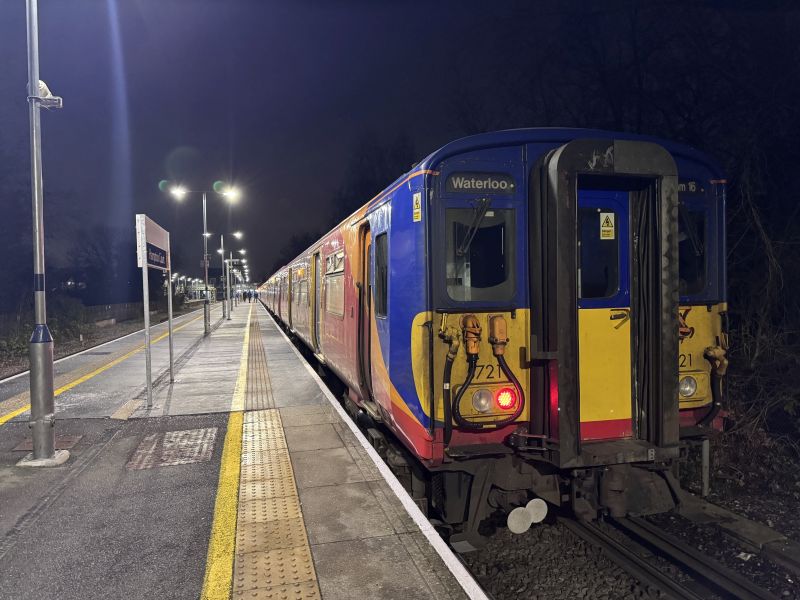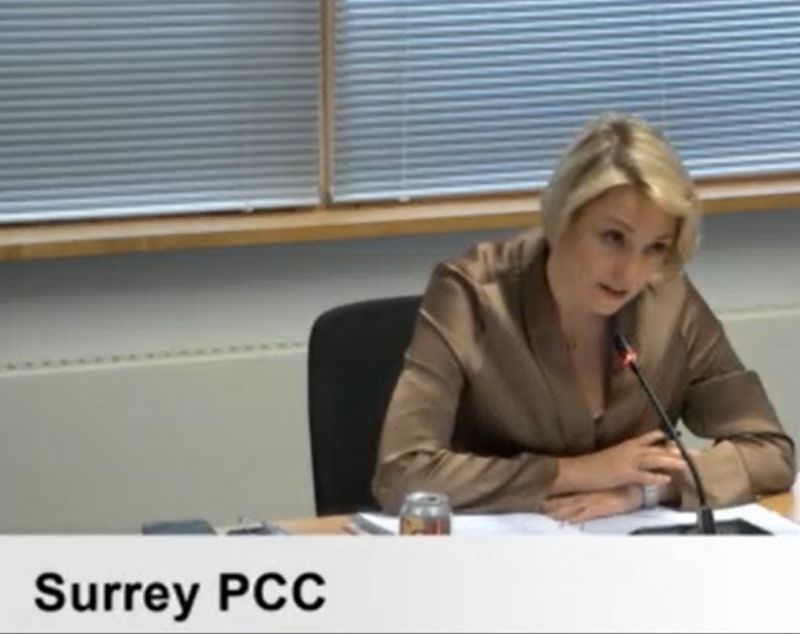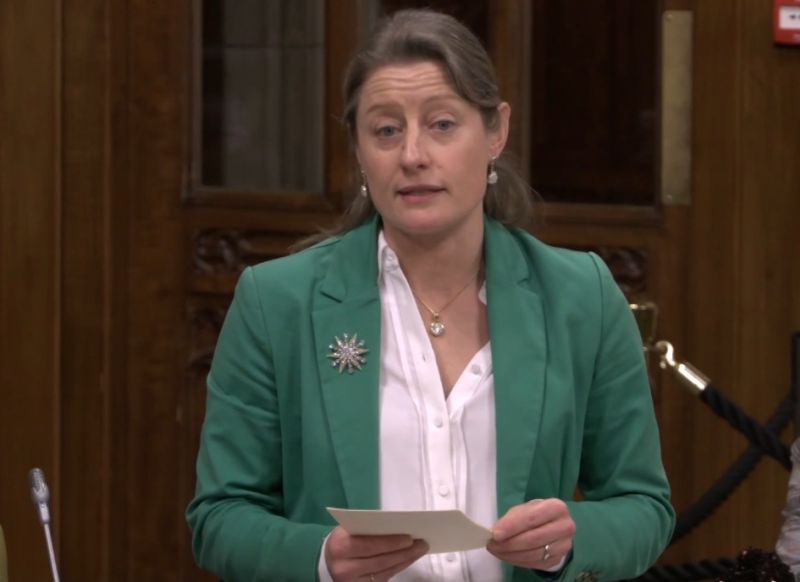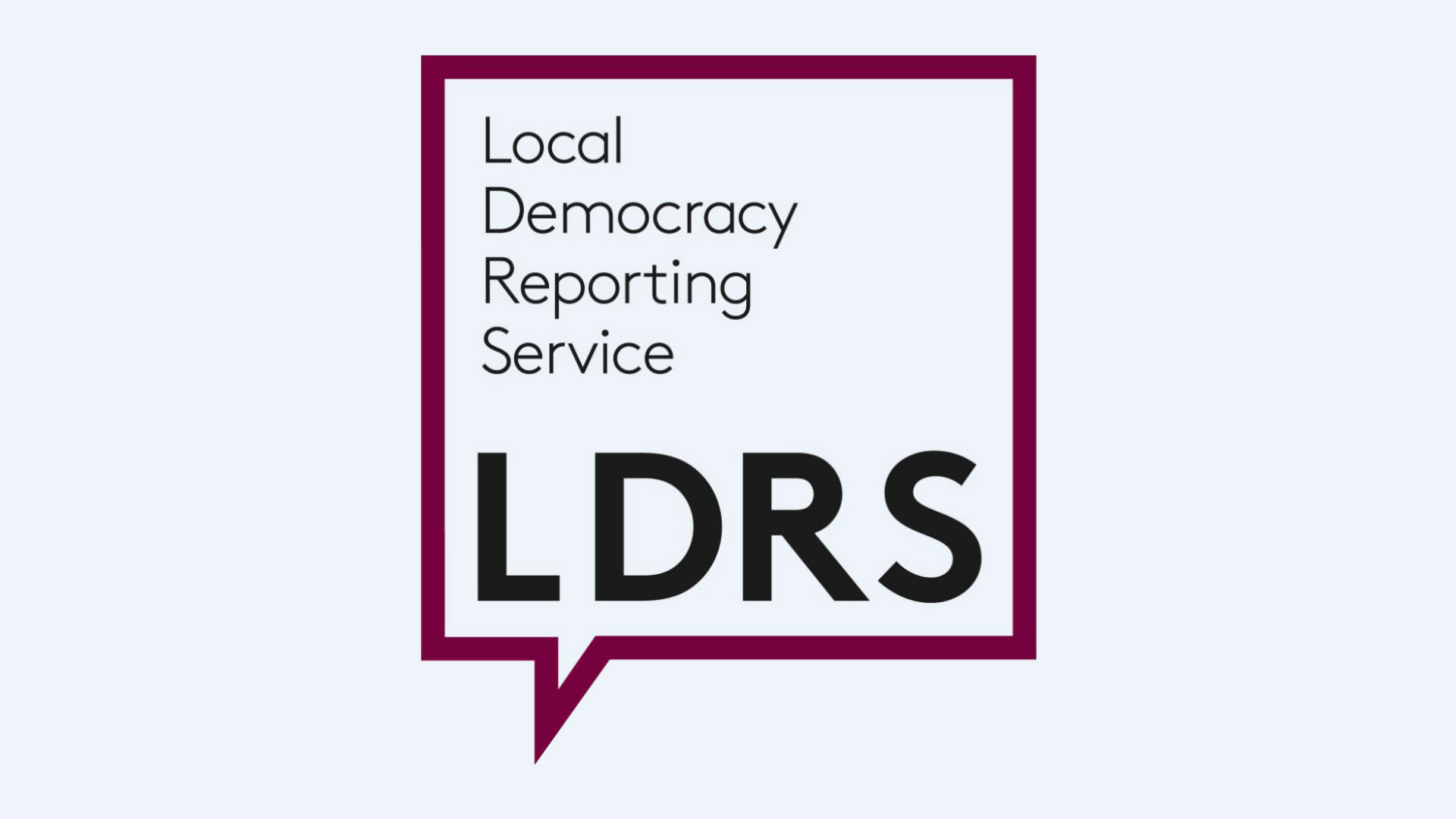Guildford Council to cut to the bone
The Epsom and Ewell Times has been reporting on the fate of Woking’s and Guildford’s Borough Councils. In contrast to Epsom and Ewell Borough Council, which recently proclaimed healthy solvency, Woking has been declared bankrupt and Guildford is close to bankruptcy. Valuable lessons are here for the role of our local Councillors, Council officers and the local media in reporting. Chris Caulfield reports:
Services will be cut back to the bone as Guildford Borough Council looks to carve out more than £18 million from its annual budget to avoid effective bankruptcy.
The level of cuts was agreed at the Thursday, July 25, full council meeting to address the authority’s £300m debt. Councillor Richard Lucas, lead member for finance and property said , the borough would have to make “structural changes” and dispose of its assets if it wanted to get its house in order ahead of a revised November budget.
He told the meeting: “Our officers are trying to deal with the reality of the situation. We won’t deal with this by pretending there is no problem. This is going to result in difficult decisions for the operational spending and capital disposal. This is not Section 114. We are taking action to avoid this. However, if we do nothing Section 114 comes into play which would pretty much make this council useless.”
A Section 114 notice is when a council declares itself effectively bankrupt and can no longer run a balanced budget. It stops all but essential spending to ensure a council can continue to provide its legally obligated services to its most vulnerable residents.
The approved measures, however, are not too dissimilar after the council said that new spending would need the explicit agreement of its chief finance officer (CFO) until further notice, and that breaches would be “considered a disciplinary matter”.
Recruitment and contract renewal has to be signed off by the corporate management board and the council’s investment programme has been suspended immediately, save for existing contracts that need to be fulfilled.
This applies to all council services, including statutory ones. The only exemptions are the council-owned housing company North Downs Housing Ltd and the Housing Revenue Account.
These controls will remain until at least the 2023-24 financial year.
Cllr Philip Brooker (Con, Worplesden) said “we as a council must take immediate action to solve this” but called on it to be done in a way that minimises the impact on services. Cllr Bob Hughes (Con, Shere) said “it was doubtless services would go” and that people “would get hurt”.
The authority will undergo radical change as it “reconfigures services so they can be managed within the financial resources available to the council”.
Every service and budget, the bleak report read, would undergo a review to establish minimum viable service levels and options for savings and income growth.
The report read: “The council will no longer be able to afford to deliver the current range of services or maintain some services at existing levels and significant rationalisation of the current service offer will be required to live within a reduced financial envelope.”
Services that protect the most vulnerable residents would be prioritised for protection with the remaining services transformed “to ensure they are as efficient and cost effective as possible”.
The authority announced it had to impose a series of strict cuts to its budgets to cover an £18m deficit by the end of the financial year if it was to avoid effectively declaring itself bankrupt this autumn.
The deficit, council papers said, equates to 145 per cent of its net budget and “will fundamentally change the services the council delivers and will require political will and a step change in activity to reconfigure services accordingly”.
Related reports:
Woking bankruptcy, far or near to us?
Guildford contemplates financial “Armageddon”.
Woking’s debt crisis explained
Council’s financial reservations (report on Epsom and Ewell Borough Council)




















